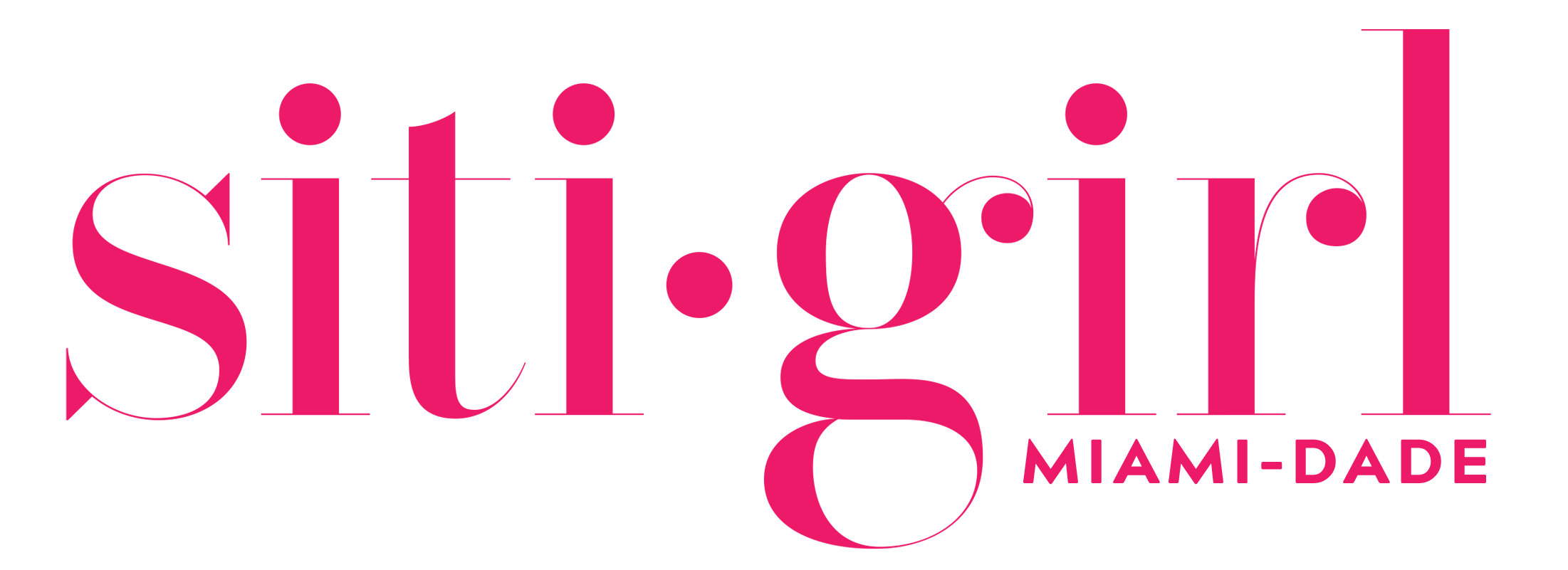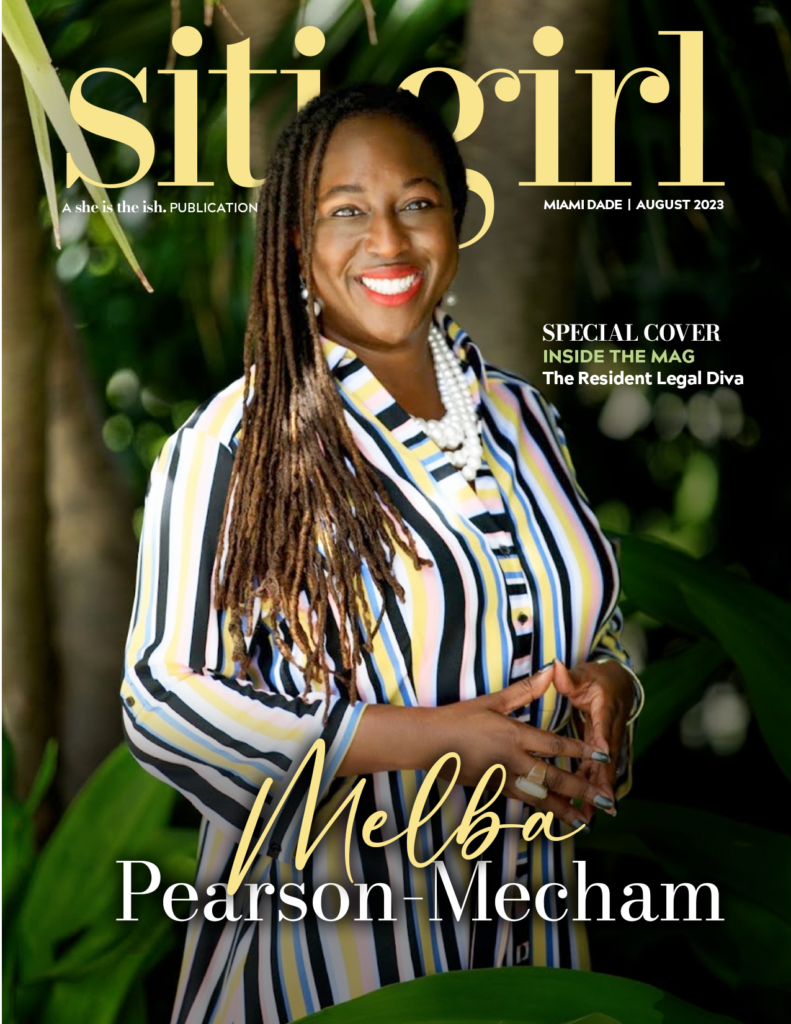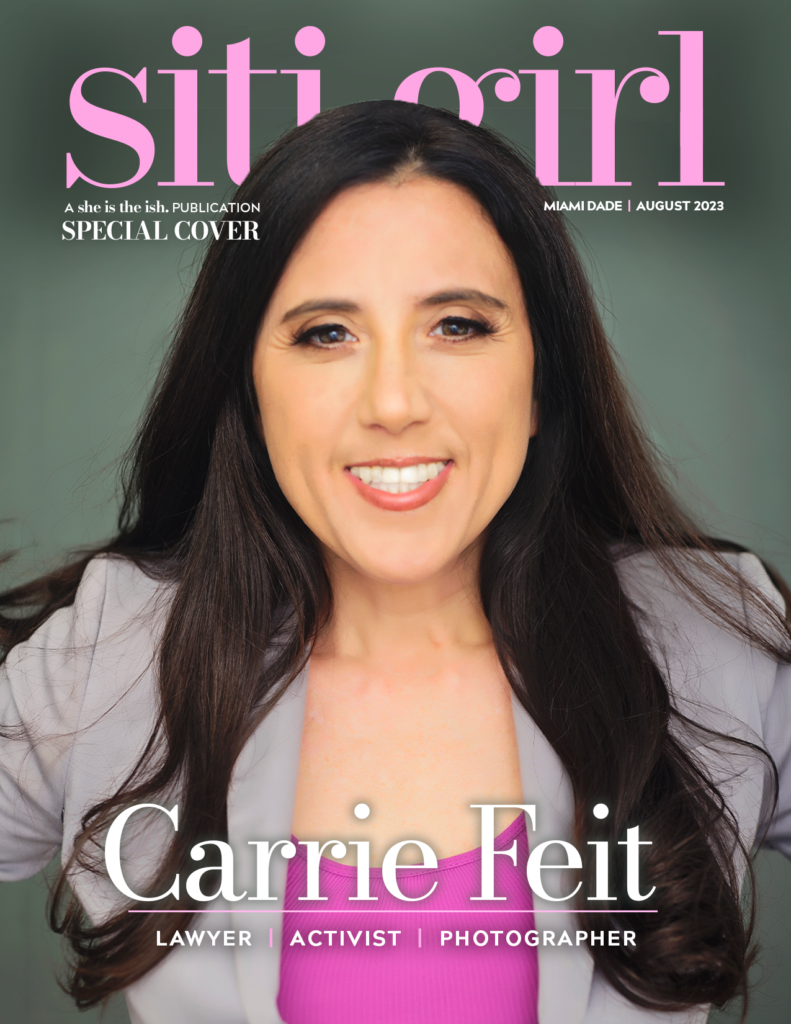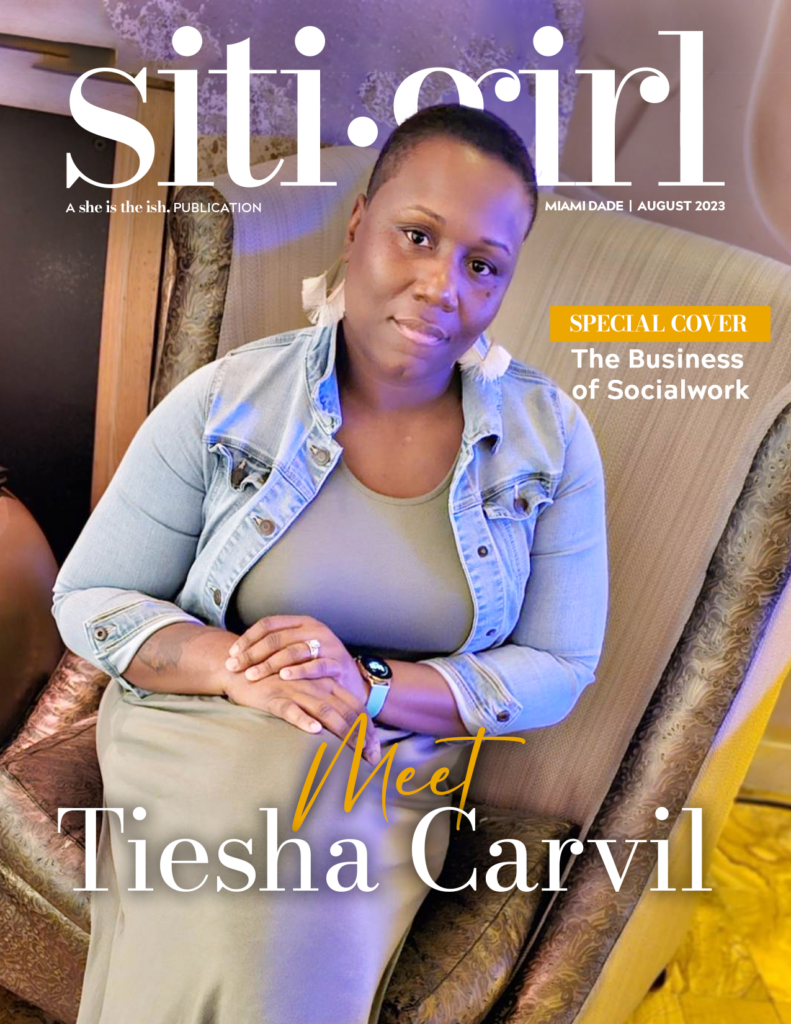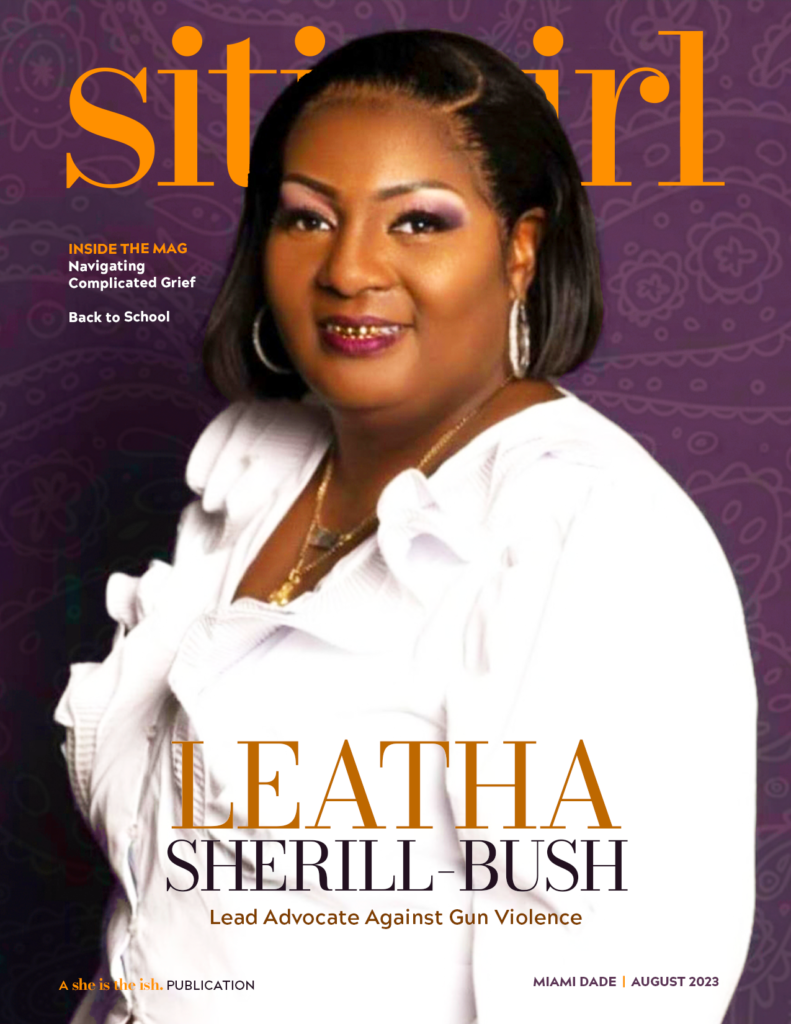
In recent years, the issue of gun violence has taken center stage in America. From mass shootings that make headlines to the daily, often unnoticed, toll it takes on communities, it’s a crisis that has reached a breaking point. And at the forefront of this fight for change are mothers who have transformed their grief into a powerful force for good. Gun violence is a stark reality in many American neighborhoods, but its effects on Black mothers and their communities are particularly profound. Their harrowing stories, the resilience, and the activism of these mothers make them champions in the face of adversity.
The statistics are staggering. Gun violence is the leading cause of death for Black children and teenagers. Every day, Black mothers across the country are confronted with the fear that their children may not return home due to a stray bullet or a targeted attack. The effects of this violence ripple through communities, leaving a trail of trauma and loss in their wake. The pain experienced by Black mothers who lose their children to gun violence is immeasurable. It’s a pain that lingers, a wound that never truly heals. In the face of this staggering loss, Black mothers show remarkable resilience. They are mourning their children and channeling their grief into action. Many of them have become advocates, activists, and community leaders, determined to break the cycle of violence.
Gun violence doesn’t just affect individual families; it takes a toll on entire communities. Schools in neighborhoods plagued by gun violence often have students who struggle with trauma, making it harder for them to focus on their education. The pervasive threat of violence forces businesses to close, keeping residents indoors and robbing communities of the vibrancy they deserve. Black mothers are not just passive victims of gun violence; they are fierce advocates for change. Organizations like Moms Demand Action and Black Mothers Against Violence have emerged as powerful forces in the fight for common-sense gun control. These groups are pushing for policy changes, community investment, and greater awareness of the devastating impact of gun violence on Black families.
The above few paragraphs describe the life of Leatha Sherill-Bush. She is the founder of Survivors Affected by Violence: The Jack Brown Foundation
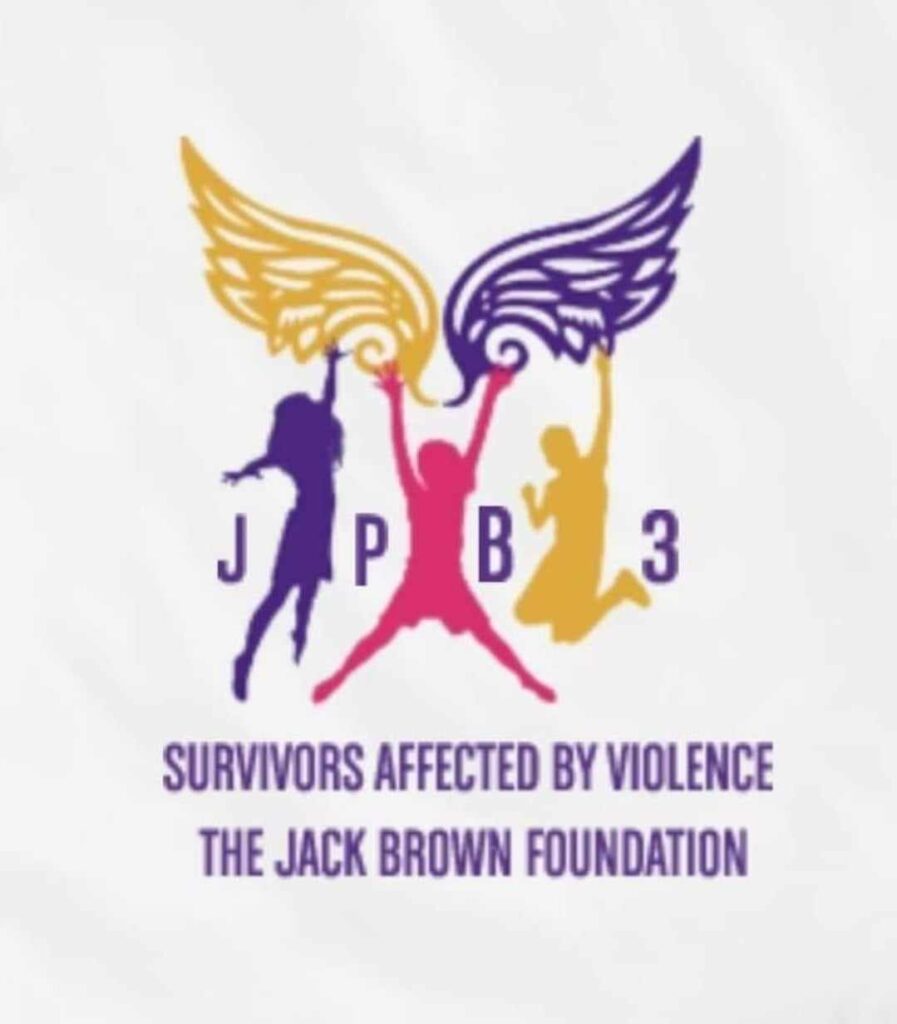
SGMD: Thank you for taking time away from your busy schedule to discuss your lived experience. Please introduce yourself.
LSB: I’m a mother surviving her pain. Greetings. My name is Leatha Sherill-Bush. I’m the mother of 6 gifts from God. My beautiful children of one that’s adopted. Reasons why I say I’m a survivor. I’ve been through so many tragedies in this lifetime. But but God. I’m still standing. Even after the aftermath of losing two children, my 1st born son to gun violence and my 1st daughter to a medical illness. When I tell you, I’m a survivor of a multitude of life-changing experiences. Being a recovering addict. I made it through 27 years of recovery. Molestation, rape, and caged in a world of domestic violence. Losing my children to the system, DCF. Then, I returned with a vengeance to get full custody of my gifts from God. But God. I made it through. Seeing the trials and tribulations I went through. It was necessary. I had to understand the assignment. Because if it had not been for the Lord by my side. I wouldn’t know where I would be today. But God. God was my strength every time, I felt like giving up. I often said these words to myself: No matter what I went through, I never gave up. Giving up wasn’t an option when I knew. I came from a strong Black woman who raised 12 children by herself. None of the fathers was around. So, I lacked the love of a father. So that’s why I looked for love in all the wrong places. And I always looked for a father figure in a man. And that’s how I became a mother surviving her pain.
SGMD: Your story is so powerful and filled with resilience. You really answered the question of your purpose.
LSB: My purpose is that I’m still living it. All I want to do is give back to children and families who lost hope in life. To become bigger and better and beyond my wildest dreams and to give back as it’s so freely given back to me: hope.
SGMD: What is your call to action for the community?
SLB: My call to action is to find ways and means to deal with gun violence and grief. And to find solutions with other programs that can help in any way. To let the community know that we still care.
SGMD: Any final words?
LSB: God is able to heal the sick. He healed by his stripes. In the mighty name of Jesus Christ.
The stories of Black mothers impacted by gun violence are stories of pain, resilience, and hope. They stand as a powerful reminder that communities can heal and thrive when they come together to address this crisis. The fight for change is far from over, but with the determination of these mothers, there is hope for a future where gun violence is no longer a daily threat to Black families and their communities. The impact of gun violence on Black mothers and their communities is a pressing issue that demands our attention, empathy, and action. As a society, we must support these mothers in their efforts to bring about change and work collectively to create safer and more equitable communities for all.
